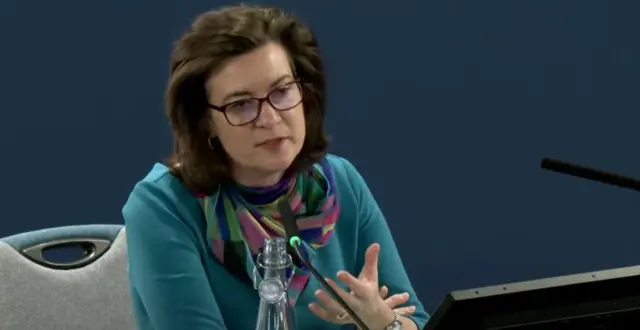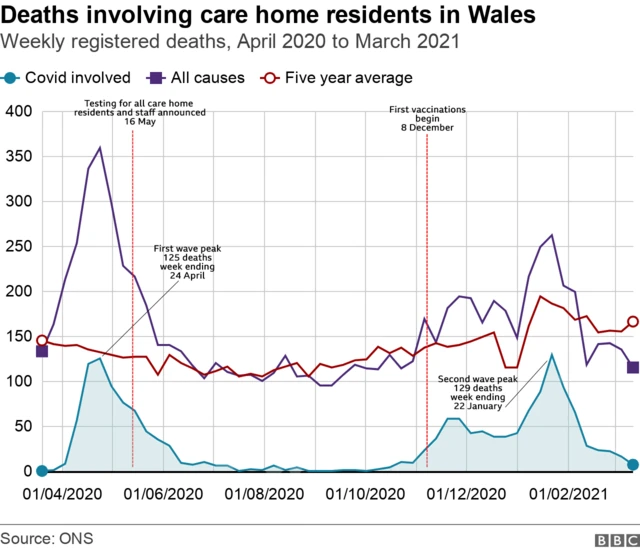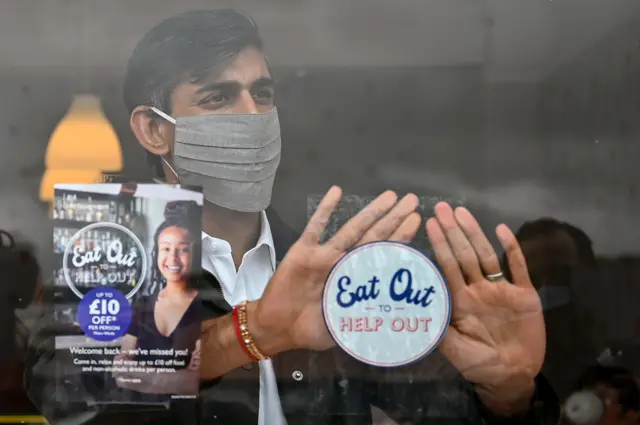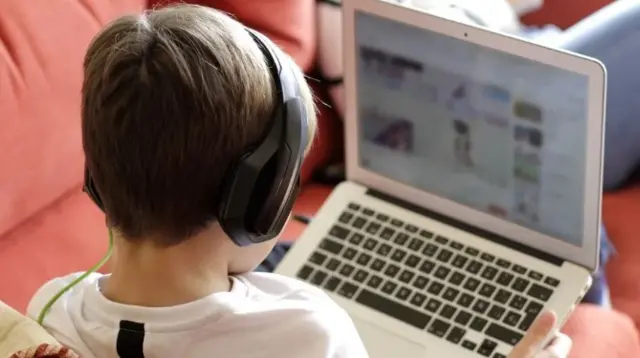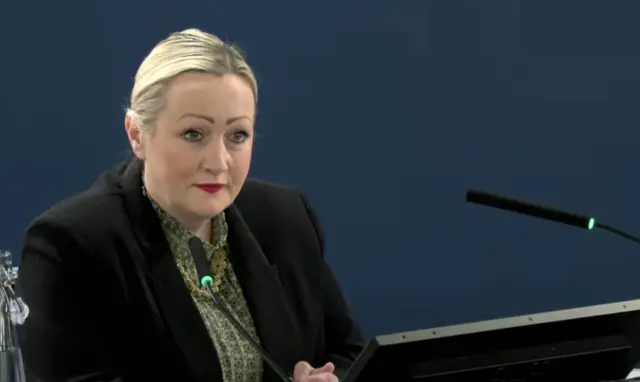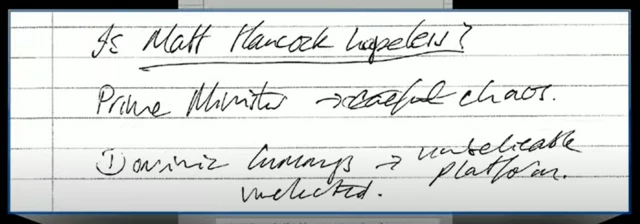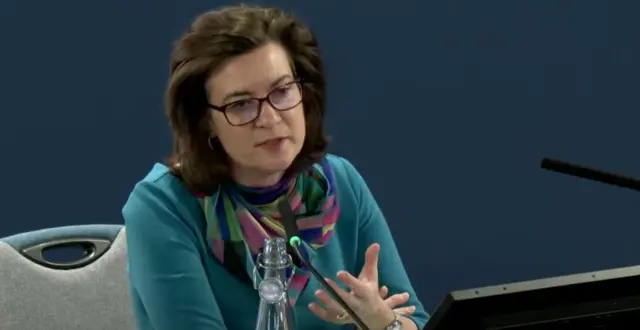'No decisions were made on WhatsApp'published at 13:38 GMT 12 March 2024
Jenny Rees, Wales health correspondent
The topic of whatsapp messages has been a constant theme of this inquiry - and this morning was no different.
It was Wales' former Health Minister Vaughan Gething yesterday and his successor Eluned Morgan today - and she was unable to provide all of her messages as some had been deleted.
Morgan said earlier that “no decisions were made on WhatsApp” and said many of those that had been deleted had been provided to the inquiry by other people in the conversation.
"There were only a couple of examples where that happened and you have the information that was within them," she adds.
Morgan states she "didn't delete any deliberately" but doesn't "know quite why or when" they went missing and expressed sadness that not all were available.
 Image source, Reuters
Image source, Reuters

